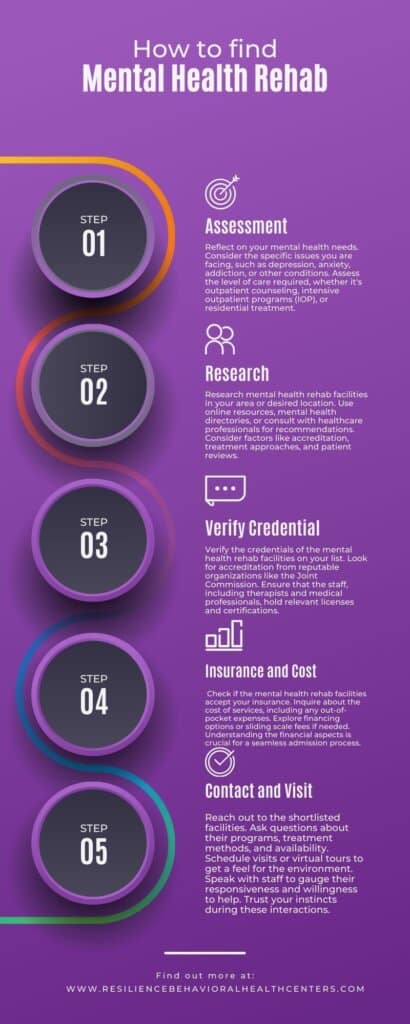Extended Care Mental Health Programs Massachusetts
Mental health rehab in Massachusetts, within the Extended Care Mental Health Programs (ECPs), offers a safe and organized space for adults dealing with serious mental health challenges.
These programs are designed to help them navigate their difficulties over an extended period, usually from 6 to 12 months or more, depending on what each person needs.
For people who’ve been dealing with mental health issues for years, these programs become a beneficial resource, offering the kind of ongoing care and guidance that goes beyond what you’d get from regular outpatient appointments.
Benefits Of Extended Care In Mental Health Rehab Massachusetts
Extended care mental health programs (ECPs) in Massachusetts offer a range of benefits to individuals with severe mental illness, including:
Stable and Hospitalization Reduction
ECPs create a structured and supportive space that helps people stay stable, avoiding repeated hospital visits. They use therapy, medication management, skill-building, and organized care to achieve this.
Better Life Quality
These programs teach skills and ways to handle mental health challenges, making it possible for individuals to live on their own in the community. This leads to a better life better social connections, more job opportunities, and more independence.
Improved Mental Health
By combining therapies, medication management, and skill training, ECPs effectively dial down the intensity of mental health symptoms and overall improve mental well-being.
Community Resources Access
ECPs link people with crucial community resources like housing, job support, and social services. This helps them blend into the community and keep their independence intact.
Lightened Load for Families
ECPs support and educate families and caregivers on how to deal with their loved one’s mental illness. This eases their burden and boosts their well-being too.

Extended Care Mental Health According to DMH
The Department of Mental Health (DMH) is a big player. They specialize in giving extra support to folks facing really tough mental health challenges. Even though they don’t specifically call out programs like Extended Care Mental Health Programs.
These kinds of services fit right into what DMH is all about providing comprehensive care for people dealing with serious mental health issues.
The Kind of Services DMH Provides
Inpatient Services – Round-the-Clock Care
This is when someone needs extra support in a hospital setting for serious mental health challenges. It’s like a full-time care situation where professionals are there 24/7 to help during tough times.
Outpatient Services – Treatment in Your Community
These are programs for patients to get help while living in their own neighborhoods. They offer therapy, counseling, medication help, and other support services for mental health, and you can go back home afterward.
Crisis Intervention – Emergency Help
When things get really tough mentally, DMH steps in with immediate emergency help to stabilize the situation and provide quick support during a crisis.
Community Support Programs – Bridging Back Home
These programs help people transition smoothly from hospitals back to their communities. They provide help with rehab, teaching new skills, support with housing, and connecting people with social services.
Rehabilitation Programs – Rebuilding for Independence
DMH supports various programs that help people get back on track after tough times. It’s all about learning new skills, getting job training, helping with education, and improving social skills to live a better life.
Conclusion
Extended Care Mental Health Programs (ECPs) in Massachusetts are invaluable resources for adults facing serious mental health challenges. These programs offer a safe haven and extended support, lasting up to a year or more, tailored to individual needs.
They bring stability, teach vital skills, improve mental well-being, connect individuals with essential community resources, and support families navigating their loved ones’ mental health journeys.

